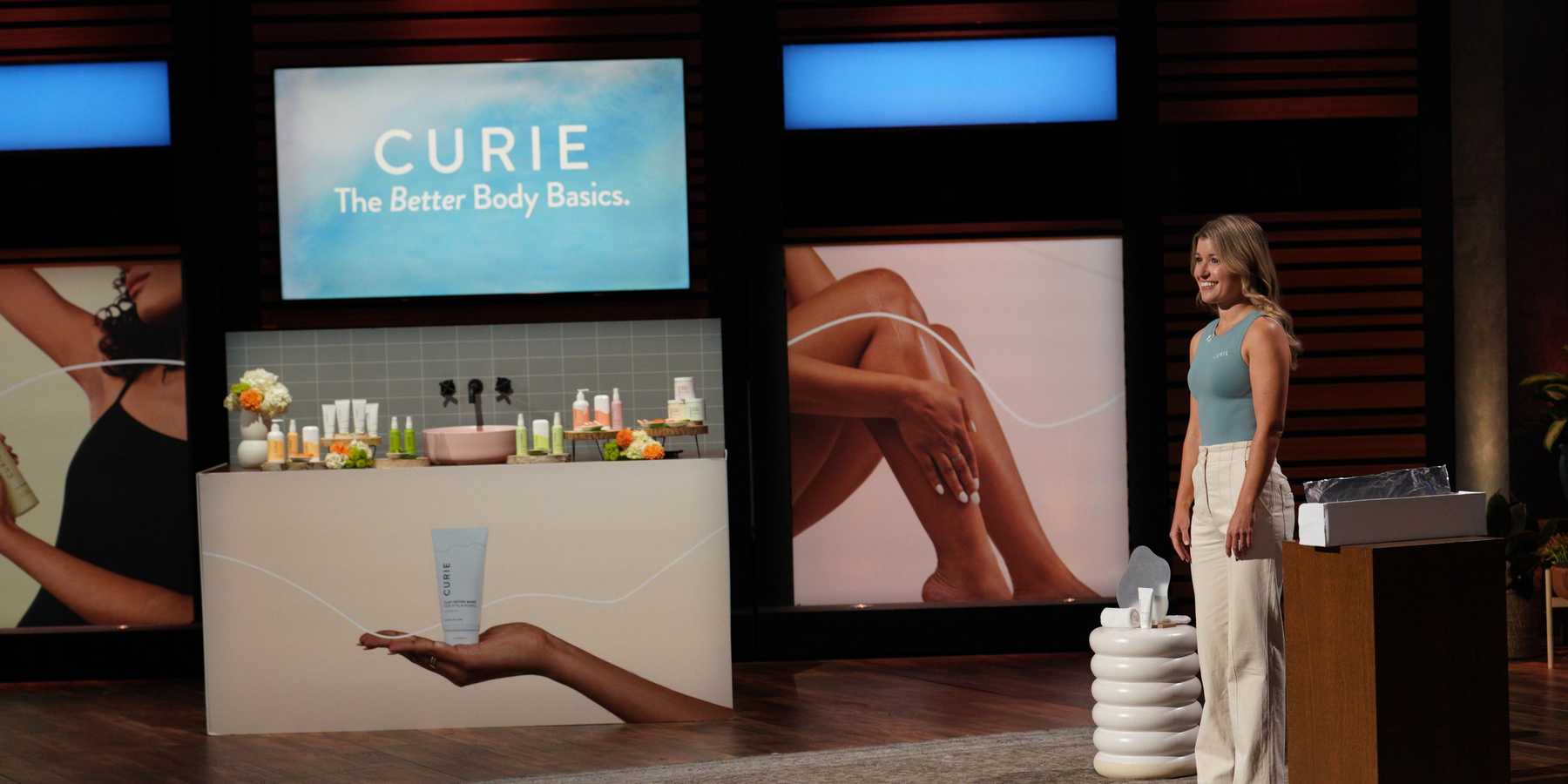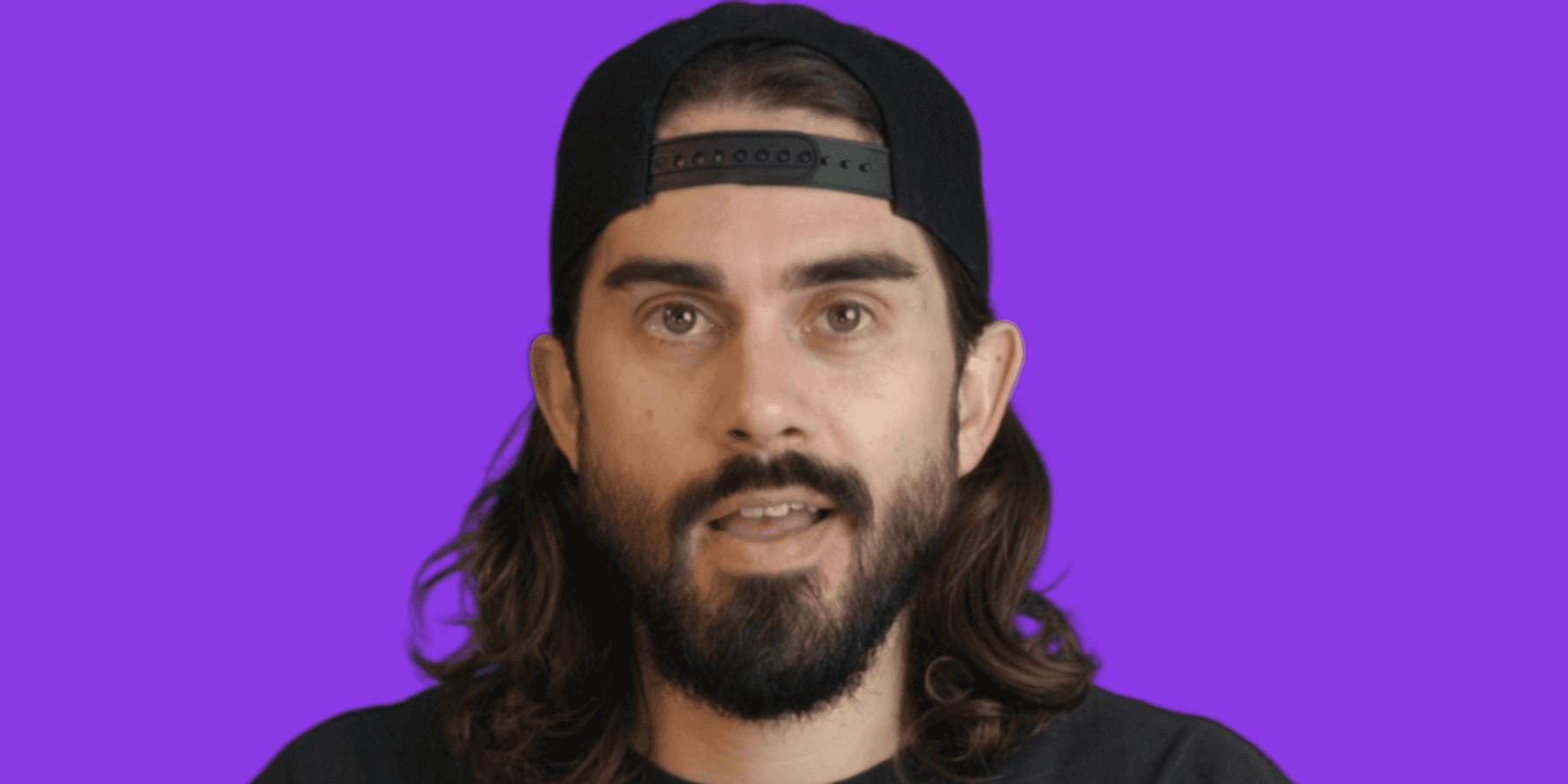

Get in the KNOW
on LA Startups & Tech
X
Illustration by Ian Hurley
What Are LA’s Hottest Startups of 2022? See Who VCs Picked in dot.LA’s Annual Survey
Harri Weber
Harri is dot.LA's senior finance reporter. She previously worked for Gizmodo, Fast Company, VentureBeat and Flipboard. Find her on Twitter and send tips on L.A. startups and venture capital to harrison@dot.la.
In Los Angeles—like the startup environment at large—venture funding and valuations skyrocketed in 2021, even as the coronavirus pandemic continued to surge and supply chain issues rattled the economy. The result was a startup ecosystem that continued to build on its momentum, with no shortage of companies raising private capital at billion-dollar-plus unicorn valuations.
In order to gauge the local startup scene and who’s leading the proverbial pack, we asked more than 30 leading L.A.-based investors for their take on the hottest firms in the region. They responded with more than two dozen venture-backed companies; three startups, in particular, rose above the rest as repeat nominees, while we've organized the rest by their amount of capital raised as of January, according to data from PitchBook. (We also asked VCs not to pick any of their own portfolio companies, and vetted the list to ensure they stuck to that rule.)
Without further ado, here are the 26 L.A. startups that VCs have their eyes on in 2022.
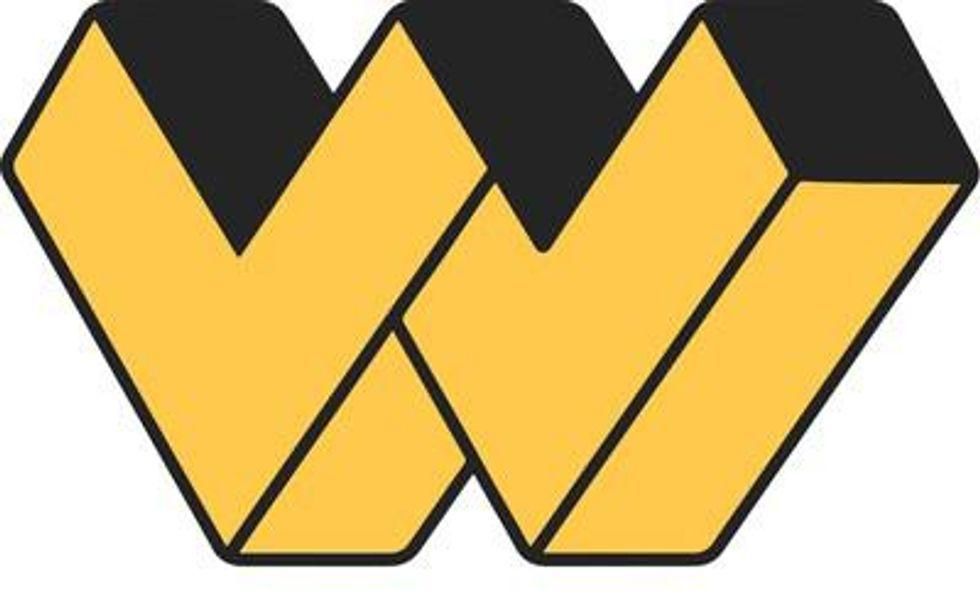
1. Whatnot ($225.4 million raised)
Whatnot was the name most often on the minds of L.A. venture investors—understandably, given its prolific fundraising year. Whatnot raised some $220 million across three separate funding rounds in 2021, on the way to a $1.5 billion valuation.
The Marina del Rey-based livestream shopping platform was founded by former GOAT product manager Logan Head and ex-Googler Grant LaFontaine. The startup made its name by providing a live auction platform for buying and selling collectables like rare Pokémon cards, and has since expanded into sports memorabilia, sneakers and apparel.
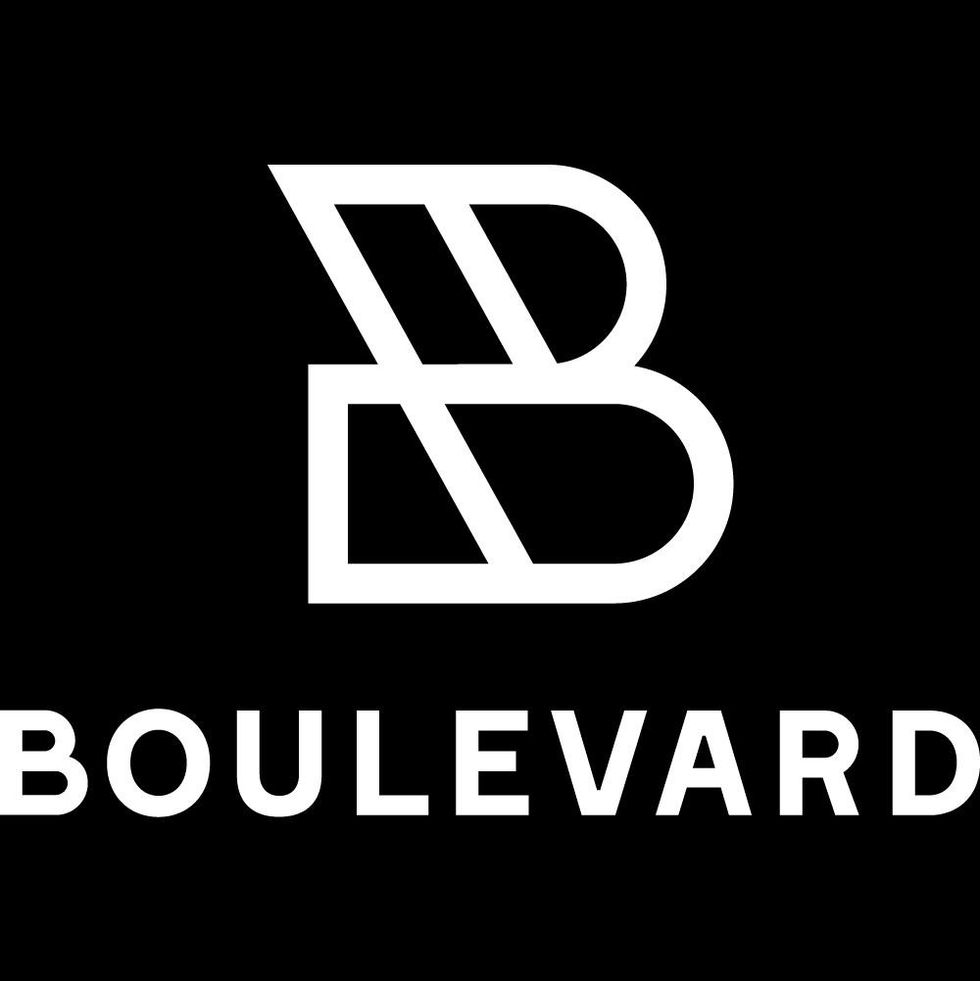
2. Boulevard ($40.3 million raised)
Boulevard’s backers include Santa Monica-based early-stage VC firm Bonfire Ventures, which focuses on B2B software startups. The Downtown-based company fits nicely within that thesis; Boulevard builds booking and payment software for salons and spas. The firm has worked with prominent brands such as Toni & Guy and HeyDay.
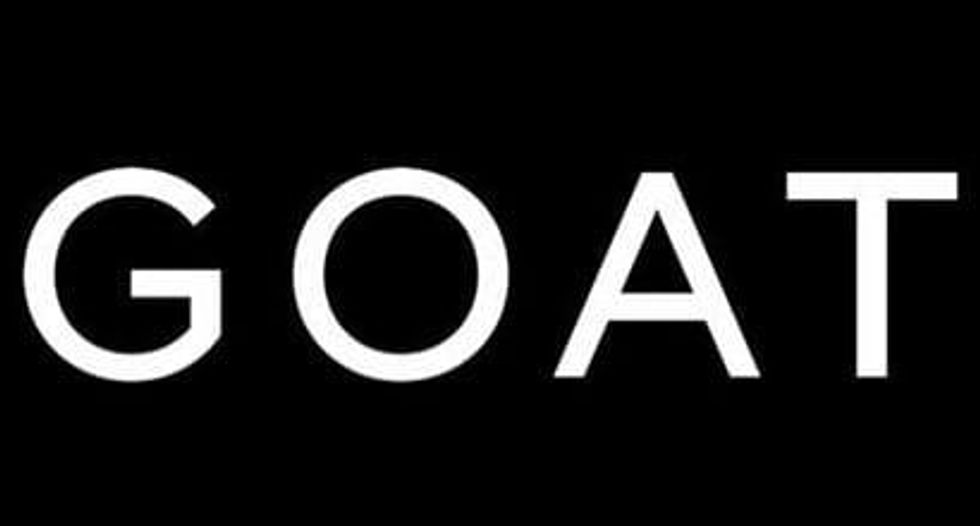
3. GOAT ($492.7 million)
GOAT launched in 2015 as a marketplace to help sneakerheads authenticate used Air Jordans and other collectible shoes. It has since grown at a prolific rate, expanding into apparel and accessories and exceeding $2 billion in merchandise sales in 2020. The startup sealed a $195 million funding round last summer that more than doubled its valuation, to $3.7 billion.
The Best of the Rest
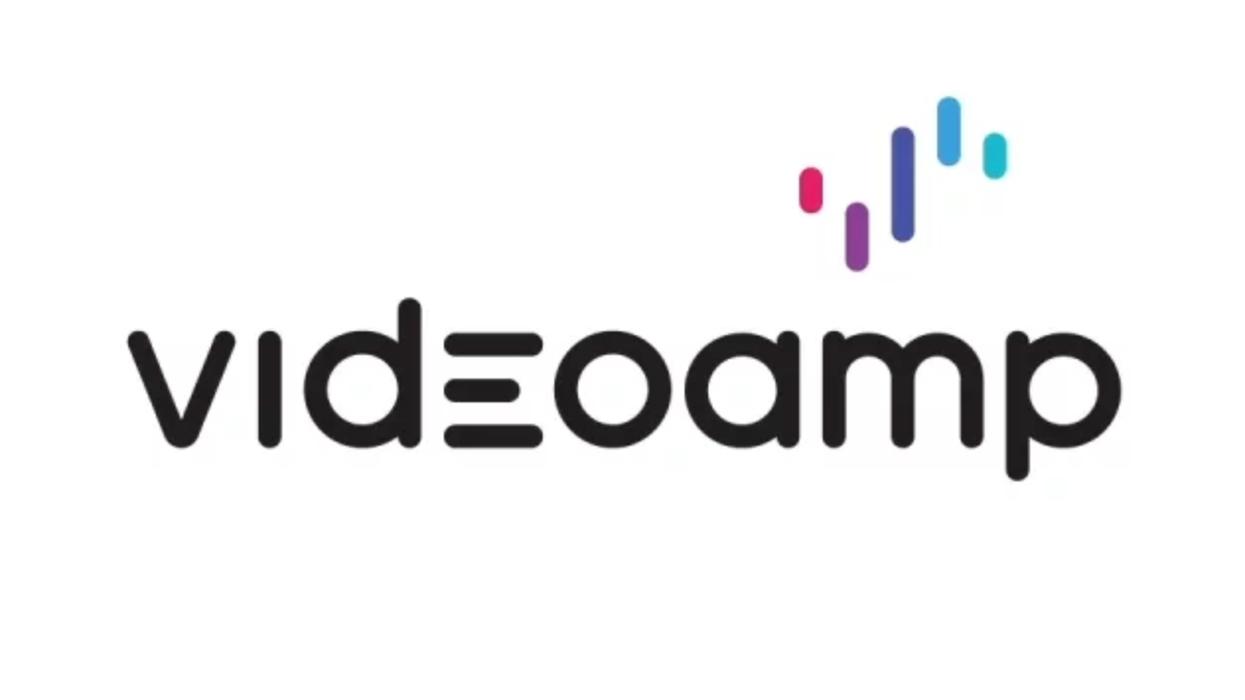
VideoAmp ($578.6 raised)
Nielsen competitor VideoAmp gathers data on who's watching what across streaming services, traditional TV and social apps like YouTube. The company positions itself as an alternative to so-called "legacy" systems like Nielsen, which it says are "fragmented, riddled with complexity and inaccurate." In addition to venture funding, its total funding figure includes more than $165 million in debt financing.

Mythical Games ($269.4 million raised)
Seizing on the NFT craze, Mythical Games is building a platform that powers the growing realm of “play-to-earn games.” Backed by NBA legend Michael Jordan and Andreessen Horowitz, the Sherman Oaks-based startup’s partners include game publishers Abstraction, Creative Mobile and CCG Lab.

FloQast ($202 million raised)
FloQast founder Michael Whitmire says he got a “no” from more than 100 investors in the process of raising a seed round. Today, the accounting software company is considered a unicorn.

Nacelle ($70.8 million raised)
Nacelle produces docuseries, books, comedy albums and podcasts. The media company’s efforts include the Netflix travel series “Down To Earth with Zac Efron.”
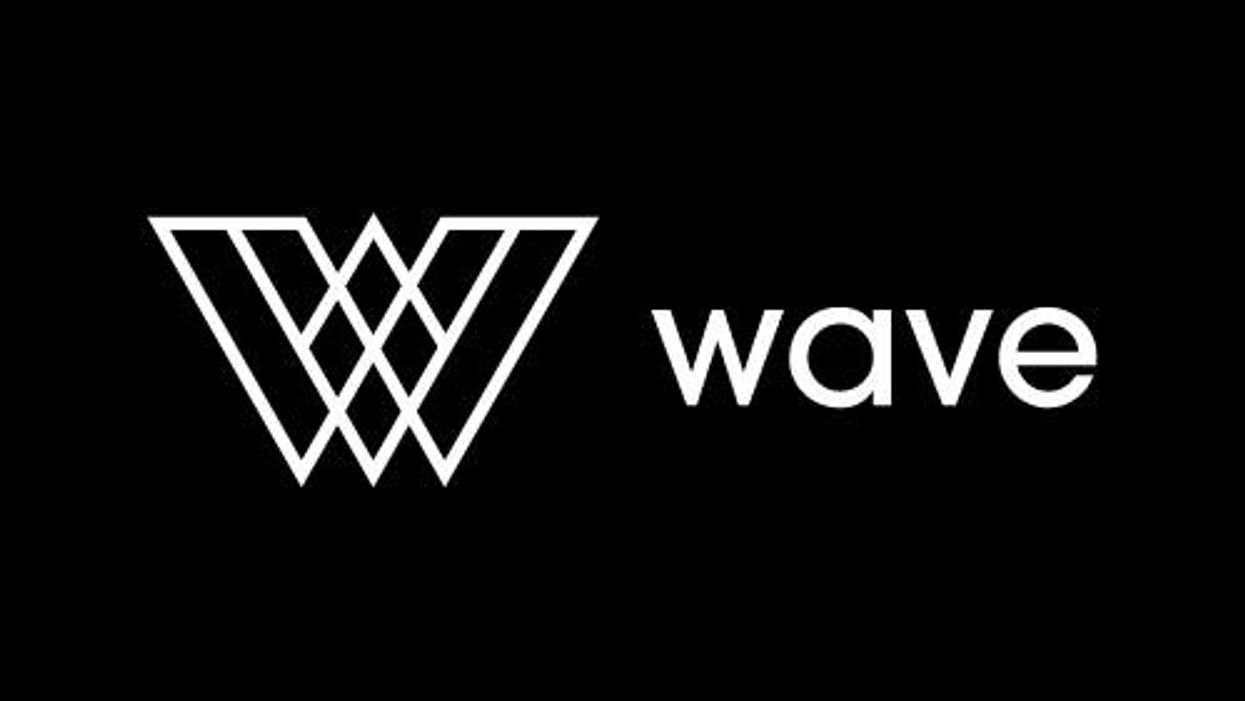
Wave ($66 million raised)
A platform for virtual concerts, Wave has hosted performances by artists including Justin Bieber, Tinashe and The Weeknd. The company says it has raised $66 million to date from the likes of Warner Music and Tencent.
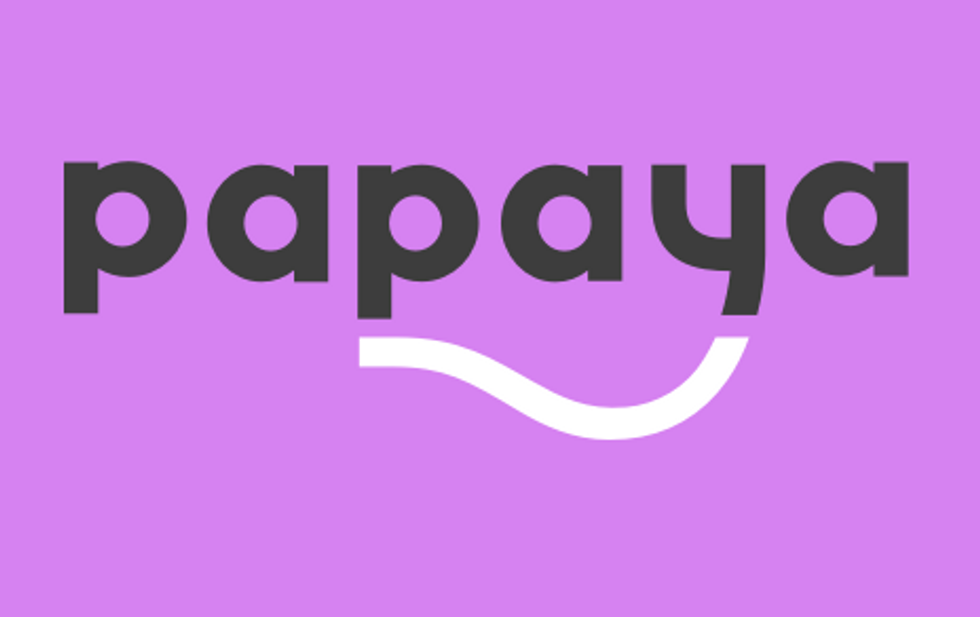
Papaya ($65.2 million raised)
Sherman Oaks-based Papaya looks to make it easier to pay “any” bill—from hospital bills to parking tickets—via its mobile app.
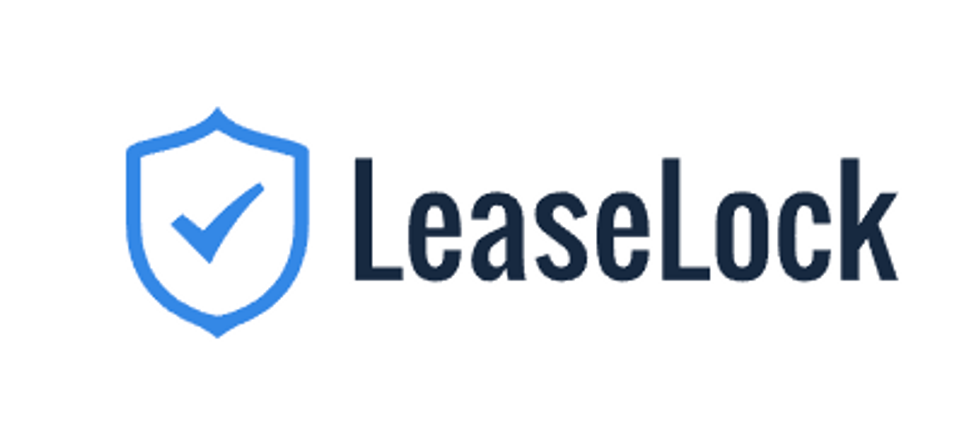
LeaseLock ($63.2 million raised)
Based in Marina del Rey, LeaseLock says it’s on a mission to eliminate security deposits for apartment renters.
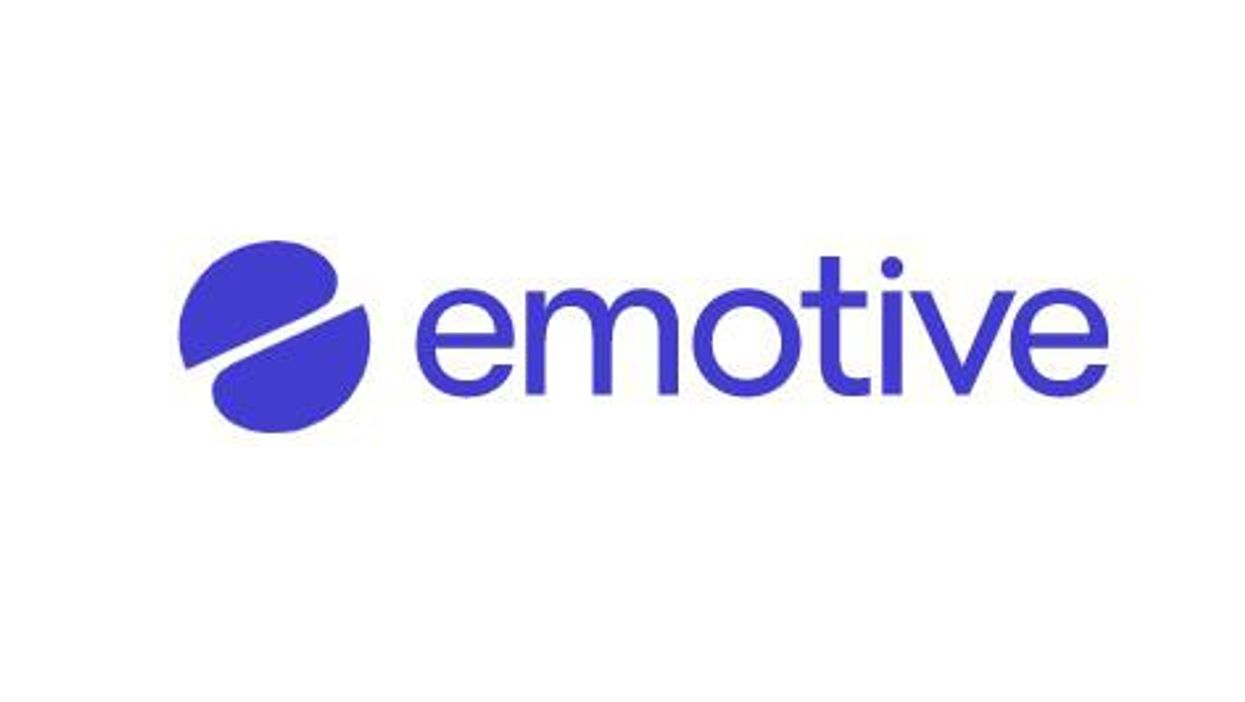
Emotive ($58.1 million raised)
Emotive sells text message-focused marketing tools to ecommerce firms like underwear brand Parade and men's grooming company Beardbrand.
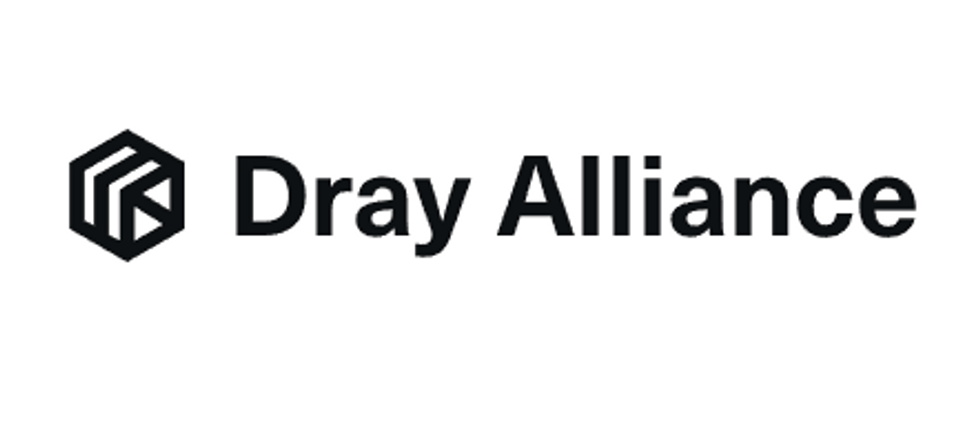
Dray Alliance ($55 million raised)
Based in Long Beach, Dray says its mission is to “modernize the logistics and trucking industry.” Its partners include Danish shipping company Maersk and toy maker Mattel.
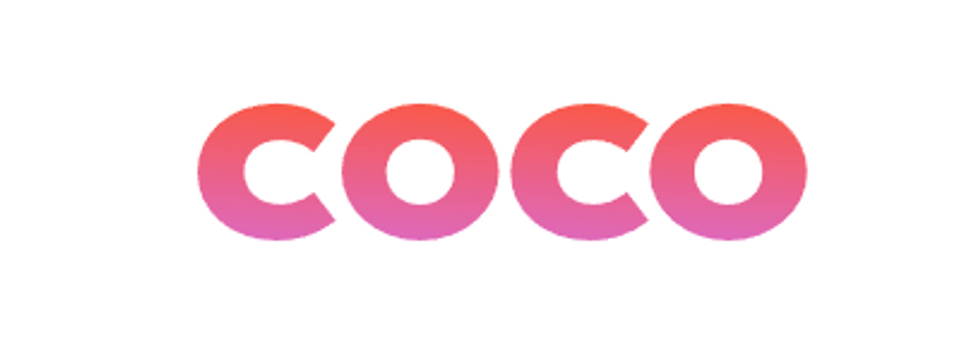
Coco ($43 million raised)
Coco makes small pink robots on wheels (you may have seen them around town) that deliver food via a remote pilot. Its investors include Y Combinator and Silicon Valley Bank.
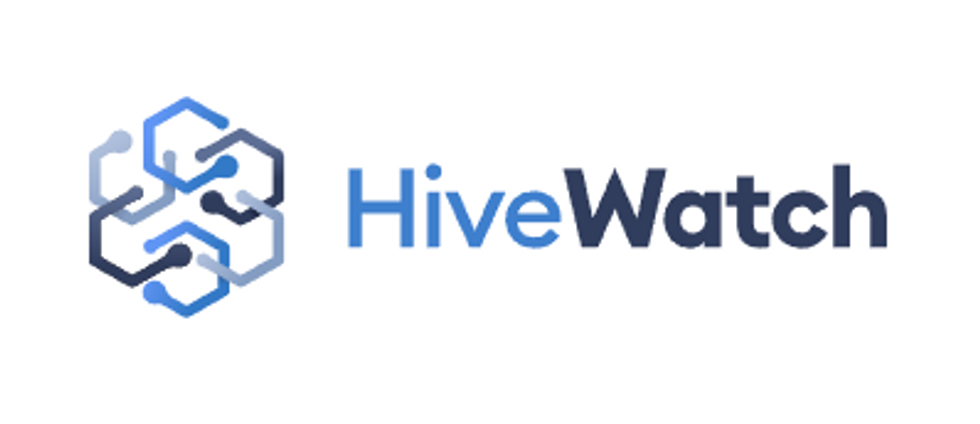
HiveWatch ($25 million raised)
HiveWatch develops physical security software. Its investors include former Twitter executive Dick Costollo and NBA star Steph Curry’s Penny Jar Capital.

Popshop ($24.5 million raised)
Whatnot competitor Popshop is betting that live-shopping is the future of ecommerce. The West Hollywood-based firm focuses on collectables such as trading cards and anime merchandise.
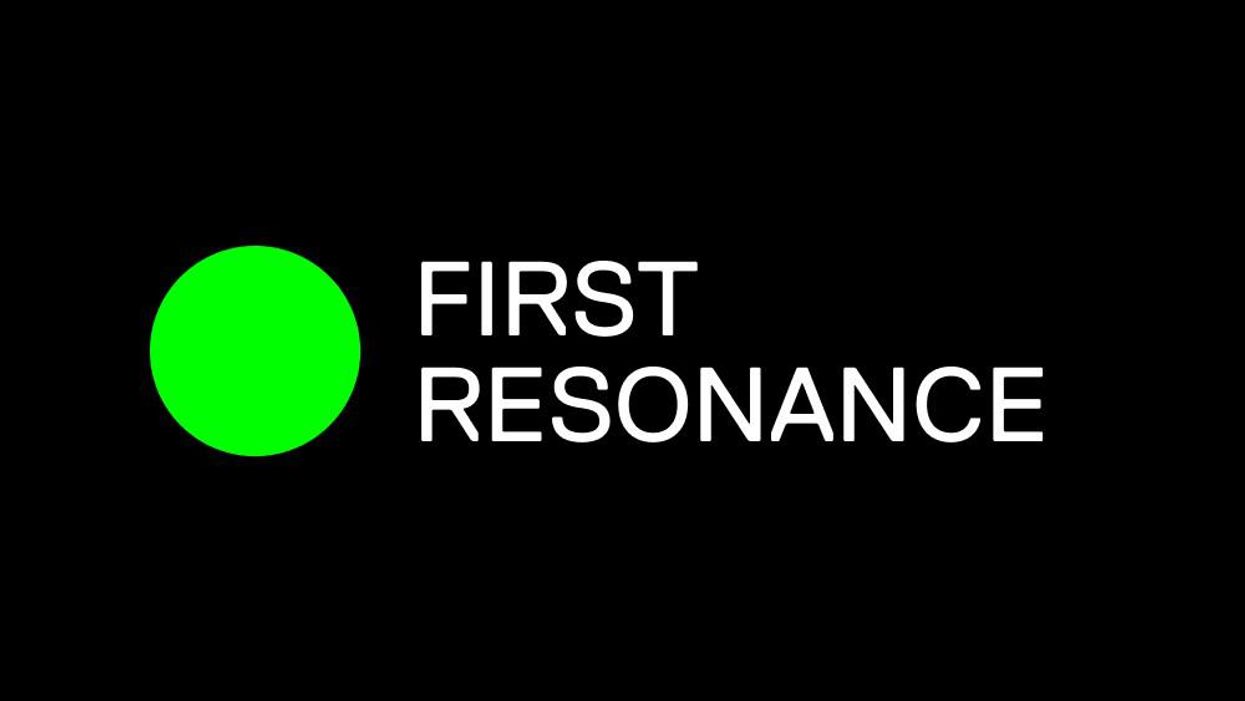
First Resonance ($19.4 million raised)
Founded by former SpaceX engineer Karan Talati, First Resonance runs a software platform for makers of electric cars and aerospace technology. Its clients include Santa Cruz-based air taxi company Joby Aviation and Alameda-based rocket company Astra.
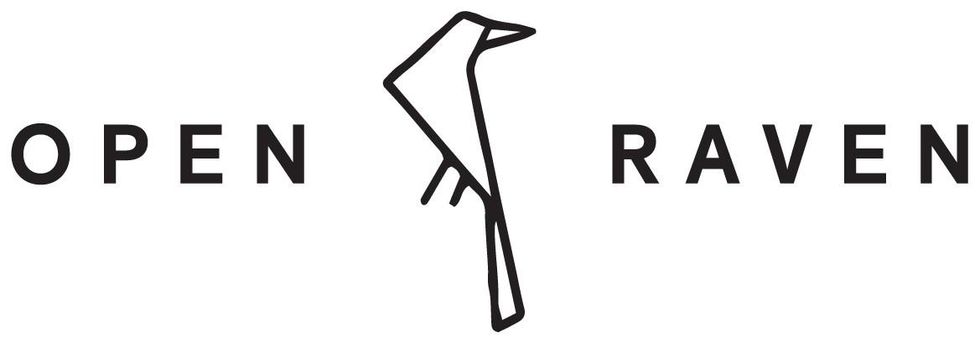
Open Raven ($19 million raised)
Founded by Crowdstrike and Microsoft alums, Open Raven aims to protect user data. The cybersecurity firm’s investors include Kleiner Perkins and Upfront Ventures.
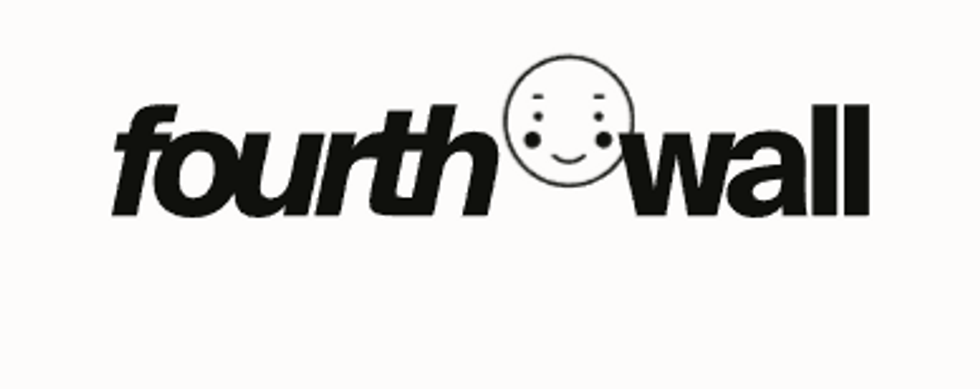
Fourthwall ($17 million raised)
When an actor faces the camera and speaks directly to the audience, it’s known as “breaking the fourth wall.” Named after the trope, Venice-based Fourthwall offers a website builder that’s designed for content creators.

The Non Fungible Token Company ($15 million raised)
The Non Fungible Token Company creates NFTs for musicians under the name Unblocked. Its investors include Jay Z’s Marcy Venture Partners and Shawn Mendez.
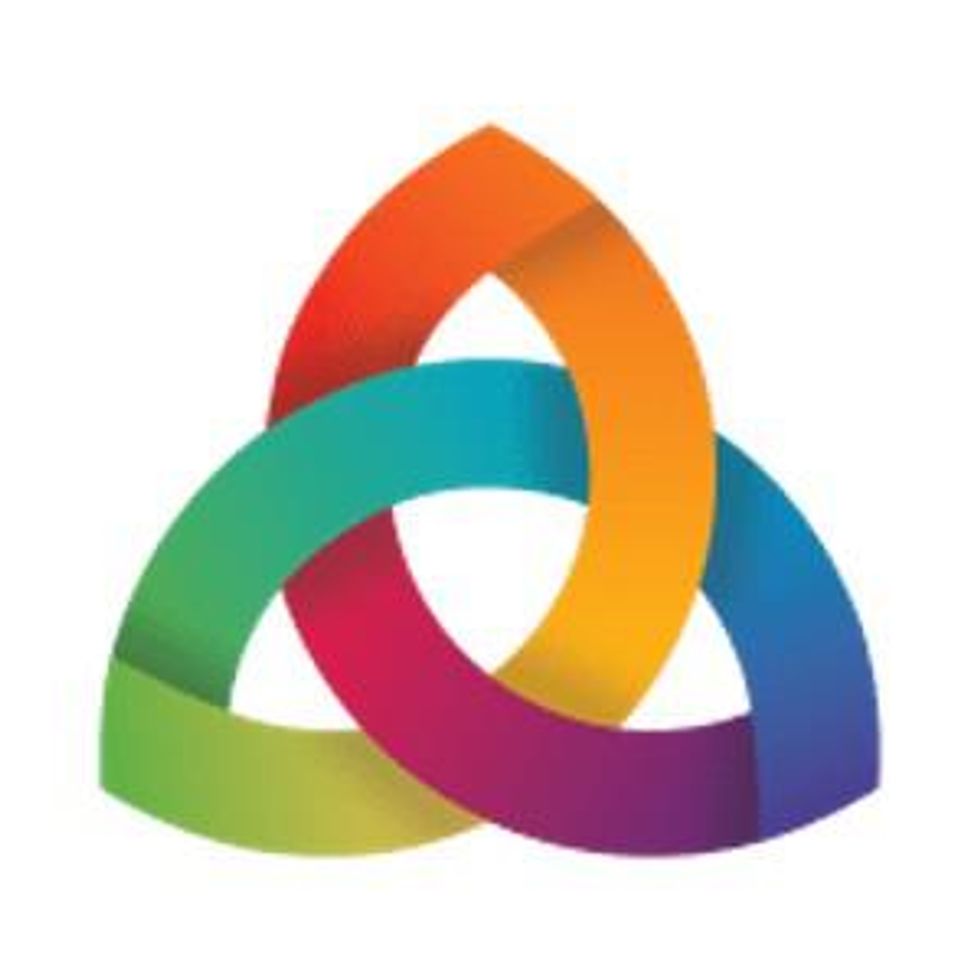
Safe Health Systems ($15 million raised)
Backed by Mayo Clinic Ventures, Safe Health develops telehealth software and offers tools for enterprises to launch their own health care apps.
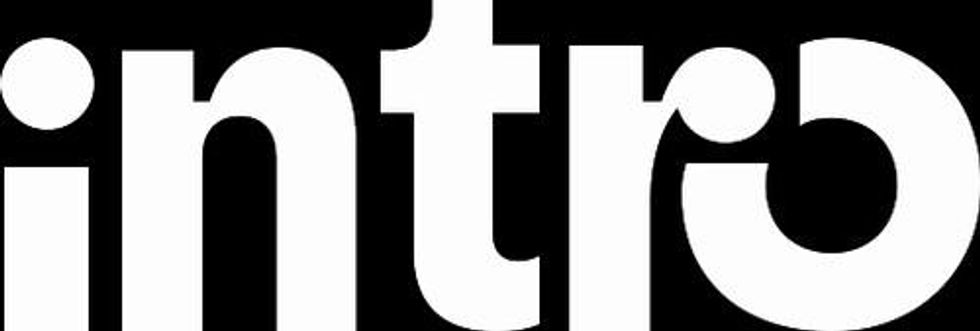
Intro ($11.6 million raised)
Intro’s app lets you book video calls with experts—from celebrity stylists, to astrologists, to investors.
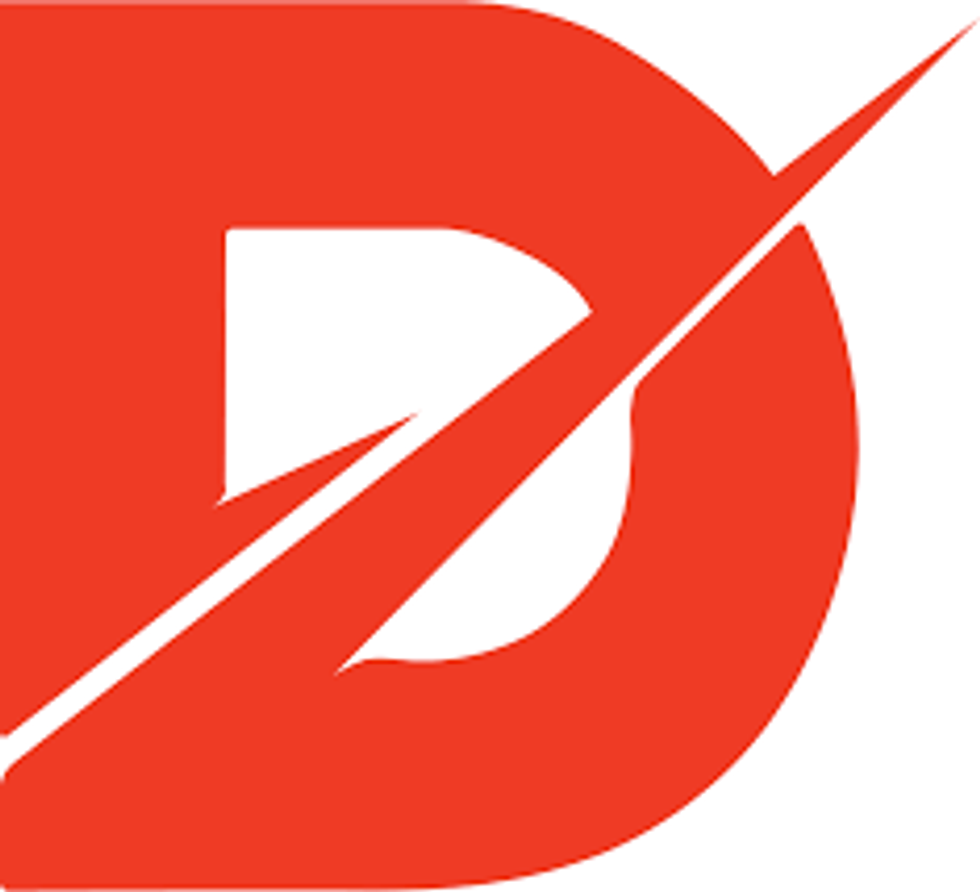
DASH Systems ($8.5 million raised)
With the tagline “Land the package, not the plane,” DASH Systems is a Hawthorne-based shipping company that builds hardware and software for automated airdrops.

Ettitude ($3.5 million raised)
With a focus on sustainability, Ettitude is a direct-to-consumer brand that sells bedding, bathroom textiles and sleepwear.

Afterparty ($3 million raised)
Along similar lines as Unblocked, Afterparty creates NFTs for artists and content creators such as Clay Perry and Tropix.

Heart to Heart ($0.75 million raised)
Heart to Heart is an audio-focused dating app that “lets you listen to the story behind the pictures in a profile.” Precursor Ventures led the pre-seed funding round.

Frigg (undisclosed)
Frigg makes hair and beauty products that contain cannabinoids such as CBD. The Valley Village-based company raised an undisclosed seed round in August.
From Your Site Articles
- The Early-Stage Startups in LA Set to Take Off in 2021 - dot.LA ›
- Los Angeles Startups Closed a Record Number of Deals in Q3 - dot.LA ›
- dot.LA's Map of Startups in Los Angeles - dot.LA ›
- The Hottest LA Startups of 2020 - dot.LA ›
- Los Angeles Cleantech Incubator Launches Green Loan Fund - dot.LA ›
- dot.LA's Guide on L.A. Flight Startups Overair, Archer Aviation - dot.LA ›
- Here Are LA’s Hottest Startups for 2023 - dot.LA ›
- Nobody Studios Plans to Build 100 Startups in Five Years - dot.LA ›
- From GameTree to Sota — Ukrainian Founders Call LA Home - dot.LA ›
Related Articles Around the Web
Harri Weber
Harri is dot.LA's senior finance reporter. She previously worked for Gizmodo, Fast Company, VentureBeat and Flipboard. Find her on Twitter and send tips on L.A. startups and venture capital to harrison@dot.la.
Meet the LA Startup Founder Who Had Two Hours To Prep Her 'Shark Tank' Pitch
03:48 PM | April 01, 2022
Photo courtesy of Curie
One Sunday afternoon last September, Sarah Moret was hiking through Griffith Observatory when she received a voicemail from the producer of “Shark Tank,” ABC’s hit entrepreneurial reality show. The voice message notified her that she had just two hours to get to the “Shark Tank” studio and pitch Curie, her aluminum-free deodorant brand, to the show’s “Sharks”—its panel of investor judges featuring Mark Cuban, Lori Greiner, Barbara Corcoran, Daymond John and Kevin O'Leary.
"I just jumped in the car; my fiancé was driving, and he brought me home as fast as possible in the carpool lane," Moret told dot.LA. "I curled my hair, got ready in 20 minutes and did my makeup in the passenger seat of his car for a primetime TV show."
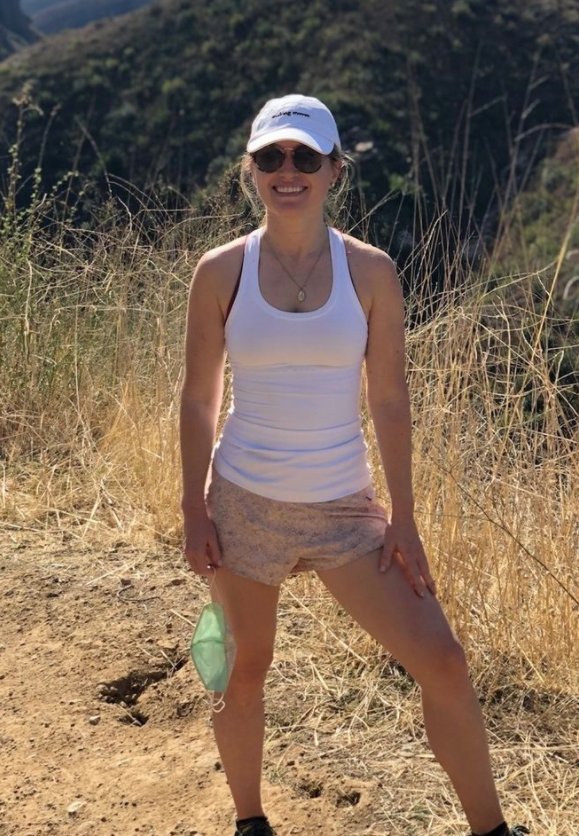
Sarah Moret at the top of her hike, moments before she received a call from the producers of "Shark Tank."
Photo courtesy of Curie
Moret first applied to be on “Shark Tank” in 2020, but didn't receive a callback. She heard back from the show after reapplying the following year, with initial plans to film in July—but the producers bumped her filming date and put her on standby until September.
"I compare it to being like an understudy in a play," she explained. "I didn't have a set filming date. I was just told that I would get a phone call if there was space in the schedule for me to film.”
But Moret was confident she had a product worth waiting for, and the entrepreneurial know-how to scale it into a successful business. Most conventional antiperspirants in the market are made out of aluminum that can cause armpit irritation; while there are natural, aluminum-free deodorant brands, Moret said they also irritated her skin or left her smelling like a gym bag. Curie, her solution to these problems, uses sage oil and probiotics to beat the stink, arrowroot powder to absorb the sweat, and chamomile and aloe to soothe the armpits.
Prior to launching Curie in 2018, Moret worked as an associate at Santa Monica-based venture capital firm Crosscut Ventures, where she earned a spot on the investing team. There, she learned the ins and outs of the startup world.
“Curie started from a personal need,” Moret said. “I'm an athlete and at the time was a marathon runner, and just couldn't find anything that worked.”
Curie generated revenues of $125,000 in its first year of selling deodorant sticks. The following year, the startup had $700,000 in sales. At the start of 2020, she raised $1 million through a convertible note capped at $5 million to continue growing the brand. It has gradually expanded its product offerings to include body wash, moisturizing body oil, a detox mask and hand sanitizers.
Before appearing on “Shark Tank,” Curie’s body products were already sold in over 300 stores nationwide including Nordstrom, Anthropologie and fitness gym Soulcycle. It had also frequently appeared on shopping network QVC.
Fast forward to September 2021, and Moret finally entered “the Tank” with her eyes set on Corcoran and Greiner. She wanted to make a deal with one or both of them because, as Moret put it, “I just gravitate towards female investors or founders.”

When Moret’s episode of “Shark Tank” finally aired last month, she was surprised to find herself the first one up. Moret confidently introduced Curie on national television without a hint of sweat on her face or dirt from the hiking trail. She charmed the Sharks with her background and solid numbers—her opening pitch was for a $300,000 investment in exchange for a 5% equity stake—but four out of the five Sharks didn’t bite, saying she had raised too much money early on and had too many products.
This wasn’t new to Moret: Her first efforts at pitching Nordstrom and QVC had been rebuffed as well. “Rejection is a part of being an entrepreneur,” she said. “You're always going to get no’s; you can't let those no’s stop you or discourage you.”
It all came down to the final Shark, Daymond. When he produced an offer—$300,000 for 20% equity—that Moret deemed too low, she shot back: “I know my worth, I know the company's worth and I'm not backing down.”
After Moret countered with $300,000 for 12% equity, Cuban and Corcoran combined on an offer of $300,000 in exchange for 14% equity. Moret took the deal, as Cuban quipped: “I never thought I would be in a women’s deodorant business, ever.”
After the show aired, Curie sold out all of its deodorant products in 24 hours and now has some 5,000 customers on its waitlist. Moret said the company has plans to roll out further products, but supply chain issues have impacted their progress.
“Our biggest hurdle right now is just getting back in stock quickly, so we can get people their deodorant,” she said.
From Your Site Articles
- Beauty Counter's Gregg Renfrew Sees Makeup as a Movement - dot ... ›
- HatchBeauty Brands CEO Tracy Holland on Work-Life Balance - dot ... ›
- Cherie, an App to Build Community Around Beauty, Donates $60k to ... ›
- Los Angeles Health and Beauty Startup News - dot.LA ›
Related Articles Around the Web
Read moreShow less
Decerry Donato
Decerry Donato is a reporter at dot.LA. Prior to that, she was an editorial fellow at the company. Decerry received her bachelor's degree in literary journalism from the University of California, Irvine. She continues to write stories to inform the community about issues or events that take place in the L.A. area. On the weekends, she can be found hiking in the Angeles National forest or sifting through racks at your local thrift store.
OpenView’s Blake Bartlett on How Product-Led Growth Can Break the 'Fundamental Physics' for Startups
02:59 PM | September 07, 2022
Courtesy of OpenView
Investor Blake Bartlett spent high school exploring different passions, from skateboarding to photography.
He now sees himself as the “song and dance man” at OpenView Venture Capital, a growth-stage venture capital firm. On this episode of the LA Venture podcast, the L.A.-based VC talks about coining the term “product-led growth” and building companies in the “end user age.”
OpenView is currently investing from its sixth fund. Focused on B2B software, the firm invests in companies that are actively scaling up, usually around the Series A or Series B, Bartlett said. Based in Boston, the firm has led investments in startups including Calendly, Expensify and Highspot, among others.
OpenView’s “value-add,” he said, is its 75- to 80-member expansion team, which focuses on helping its portfolio companies grow.
While many investors have a reputation for being interested mainly in metrics and math, Bartlett prides himself on bringing imagination to his investing approach.
“I'm much more wired like a creative,” Bartlett said. “Creativity means lots of different things. Creative problem solving, and how do we sort of really have a unique angle to diligence and this investment thesis like that is creativity, and that certainly comes to bear, but also having other outlets.”
Currently, he also uses that vision through his YouTube series, “PLG123,” and his podcast, “Build.” Both allow him to explore finding his voice and presenting a unique perspective to a wider audience by discussing topics relevant to the VC community.
That creativity came into play in 2016, when he noticed more companies were using product development—rather than sales or marketing—to grow. These companies were different both in operation and performance, Bartlett said, and were expanding quickly without burning capital.
“These businesses were growing incredibly fast on the top line, and then also being capital efficient, if not profitable on the bottom line,” Bartlett said. “For me, that kind of broke the fundamental rules of physics of startups, because I had heard and been taught that there's a fundamental trade off more times than not—almost all the time—between growth and profitability.”
Where a traditional business might invest heavily in its sales and marketing teams in order to expand, Bartlett said, a product-led organization looks first at tactical problems and seemingly small details like signup processes, paywalls and other features. These types of startups were building their product to serve the end user, rather than the division lead who might be purchasing software for a large company, for instance.
“So it's a difference first and foremost, the building for the user, not for the buyer. And then you distribute it to the user, not to the buyer.”
Bartlett said one of the benefits of this model is that companies can build a user base before dealing with administrative issues that software companies have to deal with when selling to much larger companies. Instead, product-led companies can focus on how to turn individual users’ love for a product into revenue, and then scale it from there.
“What is the business case and how do we take all this user love and this thing that people say they can't live without, how do we articulate that into ROI in dollars and cents for this organization that's considering [purchasing in] six figures, seven figures or something of that nature?” Bartlett said.
dot.LA editorial intern Kristin Snyder contributed to this post.
Click the link above to hear the full episode, and subscribe to LA Venture on Apple Podcasts, Stitcher, Spotify or wherever you get your podcasts.
From Your Site Articles
- Real Ways to Increase Diversity in the Workplace - dot.LA ›
- Product Science Lands $18M, Preveta Gains $6.2M - dot.LA ›
Related Articles Around the Web
Read moreShow less
Minnie Ingersoll
Minnie Ingersoll is a partner at TenOneTen and host of the LA Venture podcast. Prior to TenOneTen, Minnie was the COO and co-founder of $100M+ Shift.com, an online marketplace for used cars. Minnie started her career as an early product manager at Google. Minnie studied Computer Science at Stanford and has an MBA from HBS. She recently moved back to L.A. after 20+ years in the Bay Area and is excited to be a part of the growing tech ecosystem of Southern California. In her space time, Minnie surfs baby waves and raises baby people.
RELATEDTRENDING
LA TECH JOBS

